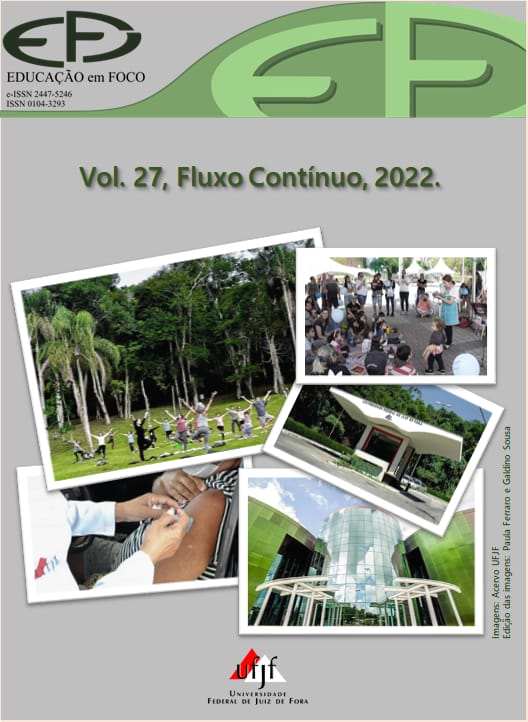BRAILLE AND ITS PECULIARITIES IN THE TEACHING OF VISUALLY IMPAIRED PEOPLE
DOI:
https://doi.org/10.34019/2447-5246.2022.v27.38651Abstract
Reading and writing enable communication in a more systematized way. They appear as a human achievement not only for recording facts, but also as an extension of memory. In this sense the Braille system fulfills its role when it inserts the visually impaired person in the world of words, Braille being a kind of intellectual liberation. This article aims to discuss the Braille system and techniques that involve the literacy process of people with visual impairment. Inclusive education provides a better coexistence for the learner, who are entitled to this access for their development, and the Braille method is an essential content for this teaching-learning process to be used, and it must be providing this access, it is necessary a strong preparation of professionals who are committed to dealing with the diversity that exists in the classroom.
Downloads
Downloads
Published
How to Cite
Issue
Section
License
Ao submeter um artigo à revista Educação em Foco e tê-lo aprovado, os autores concordam em ceder, sem remuneração, os seguintes direitos à Educação em Foco: os direitos de primeira publicação e a permissão para que Educação em Foco redistribua esse artigo e seus metadados aos serviços de indexação e referência que seus editores julguem apropriados.

















